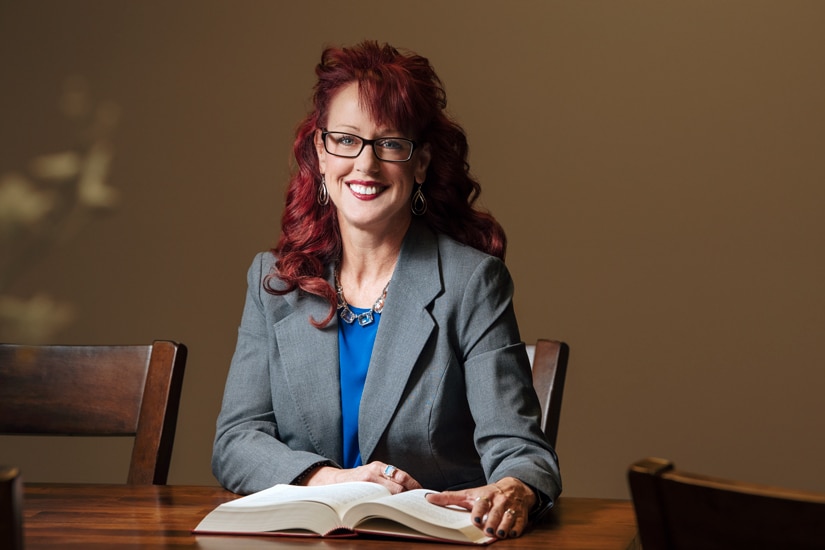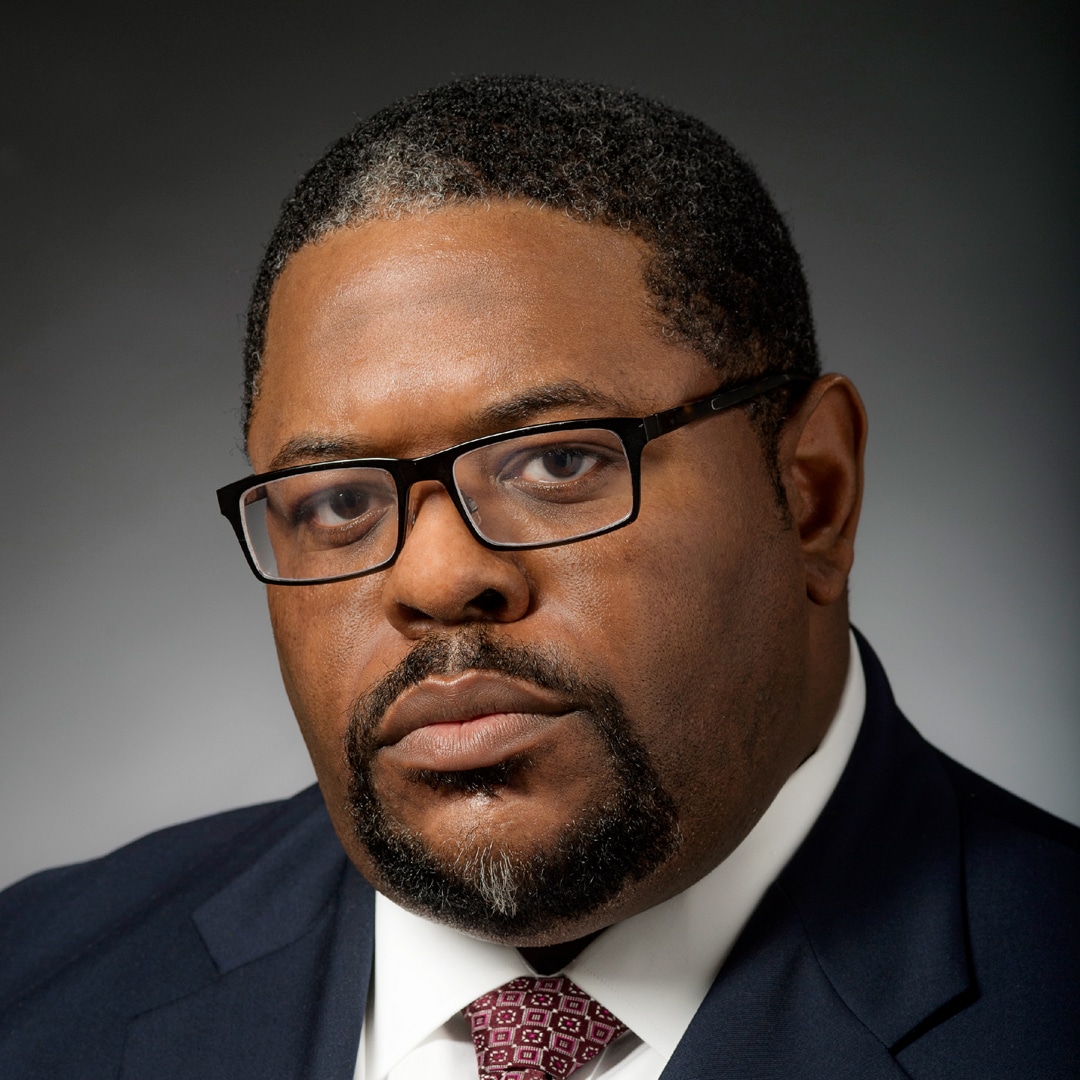An offhand remark by lawyer Donna Peavler unexpectedly transformed her professional life and led to a victory in a landmark Texas Supreme Court case.
“I can’t imagine why any company would not carry worker’s compensation,” Peavler, an attorney, said to a risk manager from the Kroger grocery store chain in 1998. Looking back, she describes her straightforward remark as naïve, yet also fortuitous, since it set her on the path to becoming one of the foremost experts in a singular niche of law.
Today the highlights of her tenure in the legal world include founding her own firm, collaborating with a federal magistrate judge to publish an article on how “nonsubscription” to workers compensation insurance is handled under federal jurisdiction, and successfully arguing a case in the Texas Supreme Court that changed the state’s nonsubscriber law.
Those successes stem from Peavler’s fateful statement as a young lawyer, which prompted an explanation from the Kroger risk manager about the advantages of opting out of workers compensation in Texas—the only US state that allows companies and employees to operate without it. In the 1990s and early 2000s, workers compensation premiums skyrocketed in the Texas, and that’s when many employers began opting out.
At the time, employers sought savings on the insurance premiums, along with other benefits such as the ability to send employees to specialized doctors who won’t see workers compensation patients, or to pay employees better lost-time benefits. Most nonsubscribers either self-fund or purchase their own no-fault work injury plans, but some carry no protection at all.
“The state wants employers to carry workers’ comp, so it penalizes nonsubscriber employers by stripping them of some of their common-law defenses,” Peavler explains. “For example, in most negligence cases, the defendant can argue that the plaintiff shared responsibility for the accident, and that the defendant’s liability should be reduced by the plaintiff’s share of fault. Nonsubscribers are prohibited from making that argument, and if they are found even 1 percent at fault, they are 100 percent responsible for all of the plaintiff’s damages.”
In the late 1990s, Peavler, who was working for a boutique litigation firm in Dallas, was getting good results on Kroger’s customer injury claims. So after the risk manager enlightened her about the benefits of nonsubscription, he offered her a chance to handle Kroger’s employee-injury claims. And so, her career path was set.
“I began researching nonsubscription, and I quickly learned it was a very specialized area of law with lots of quirky rules and traps,” Peavler recalls. “I immersed myself in nonsubscriber industry groups, began writing articles on nonsubscription, and started speaking at conferences about nonsubscriber law, handling employee claims, and defending lawsuits.”

The move from Dallas to Tulsa marked her next career milestone with the establishment of her own practice—again, courtesy of Kroger. Peavler was working remotely for the supermarket client from eastern Oklahoma when she explained to a Kroger executive that she was billing at a much higher rate than she was getting back from her firm, with little tangible support from the firm’s headquarters. On her own she could bill Kroger at a lower rate yet make more money, so the Kroger executive suggested she break away from her firm. The Peavler Group was born.
Peavler continued to build her bona fides in nonsubscription law. The field includes advising nonsubscriber clients on how to reduce liability exposure, better handle claims, and improve safety, in addition to defending them when they are sued. For example, Peavler’s firm scrutinizes employee handbooks and training documents to remove language that could be inflammatory and used against the client in a trial. (“Accidents lead to the unnecessary human suffering of our employees,” is one such instance that appeared in a client’s handbook.)
Taking even simple steps such as posting warning labels to reinforce safety procedures covered in training programs can reduce legal risk, according to Peavler. Yet she admits that lawsuits are almost inevitable. Her most memorable case helped Texas employers better know what conduct might expose them to liability.
The case, Randy Austin v. Kroger Texas, LP, sprung from an accident in which a Kroger employee slipped while cleaning a restroom and severely injured his hip. “It raised a long-disputed question about whether an employer owed the same duties to protect an employee against dangerous property conditions as it did any other guest, or whether it owed additional duties by virtue of the employer/employee relationship,” Peavler says. The Supreme Court of Texas had not previously decided a case addressing this question.
Peavler’s firm and Kroger rallied employers and industry groups to encourage the state high court to take the case. The court did, and sided with Kroger. “It ruled that the duties are the same for guests and employees, which is a victory for all employers because it narrowed their potential exposure to lawsuits,” Peavler says.
The decision stands as her crowning legal achievement. It has been cited as authority more than 500 times by other courts, parties in litigation, arbitrators, and academics, Peavler says.
Today, her roster of prominent clients also includes Target, Bass Pro Shops, Domino’s Pizza, Hobby Lobby, and Macy’s—and Peavler is not stopping yet. While the naive remark she made early in her career proved to be a great stroke of luck, Peavler pursues opportunities to continue challenging that statement as a renowned expert in a unique aspect of Texas law.
PartnerSource: “Donna’s effective court room advocacy has advanced the programs of several of our mutual, high profile clients. She approaches any legal issues impacting Texas injury benefit programs with impressive technical competence that has enabled the Texas injury benefit plan community to grow with confidence and continue to achieve incredible outcomes for injured workers.”-Jennifer D. Hurless, JD, President


